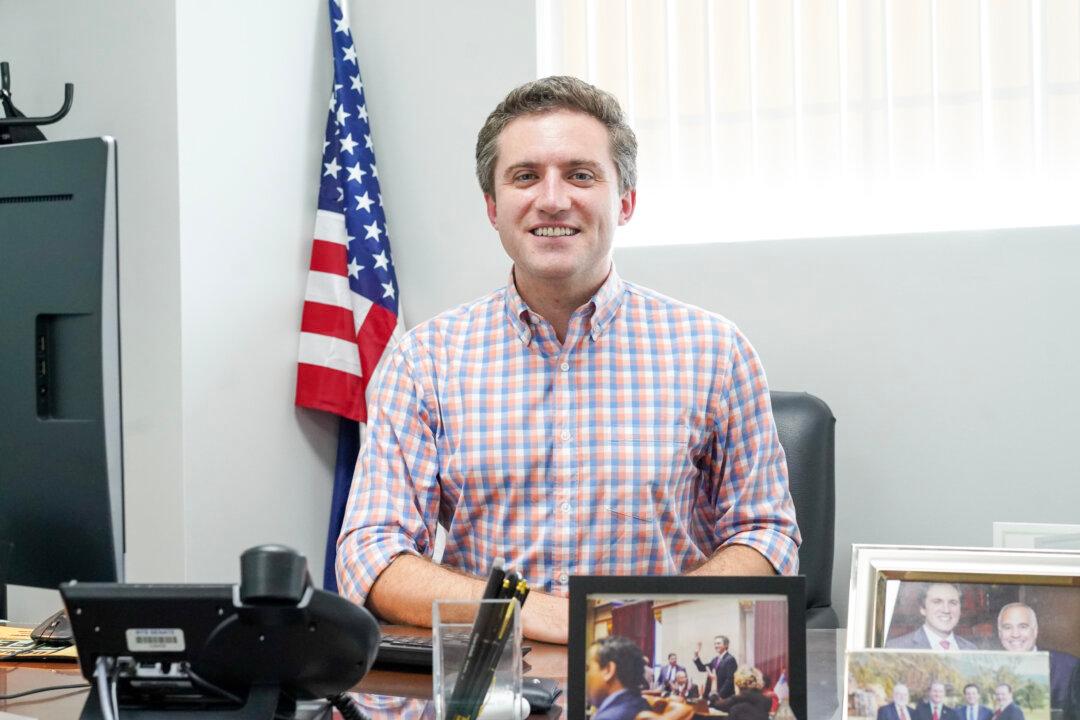During the past legislative session in Albany, 33 bills sponsored by state Sen. James Skoufis were approved by both houses, placing him among the most productive lawmakers in the upper chamber.
He ranked third among 62 state senators—behind only Sens. Brad Hoylman-Sigal and Michelle Hinchey—in terms of the number of bills passed by the Legislature this year, according to an analysis of data from the state Senate’s Open Legislation portal.





